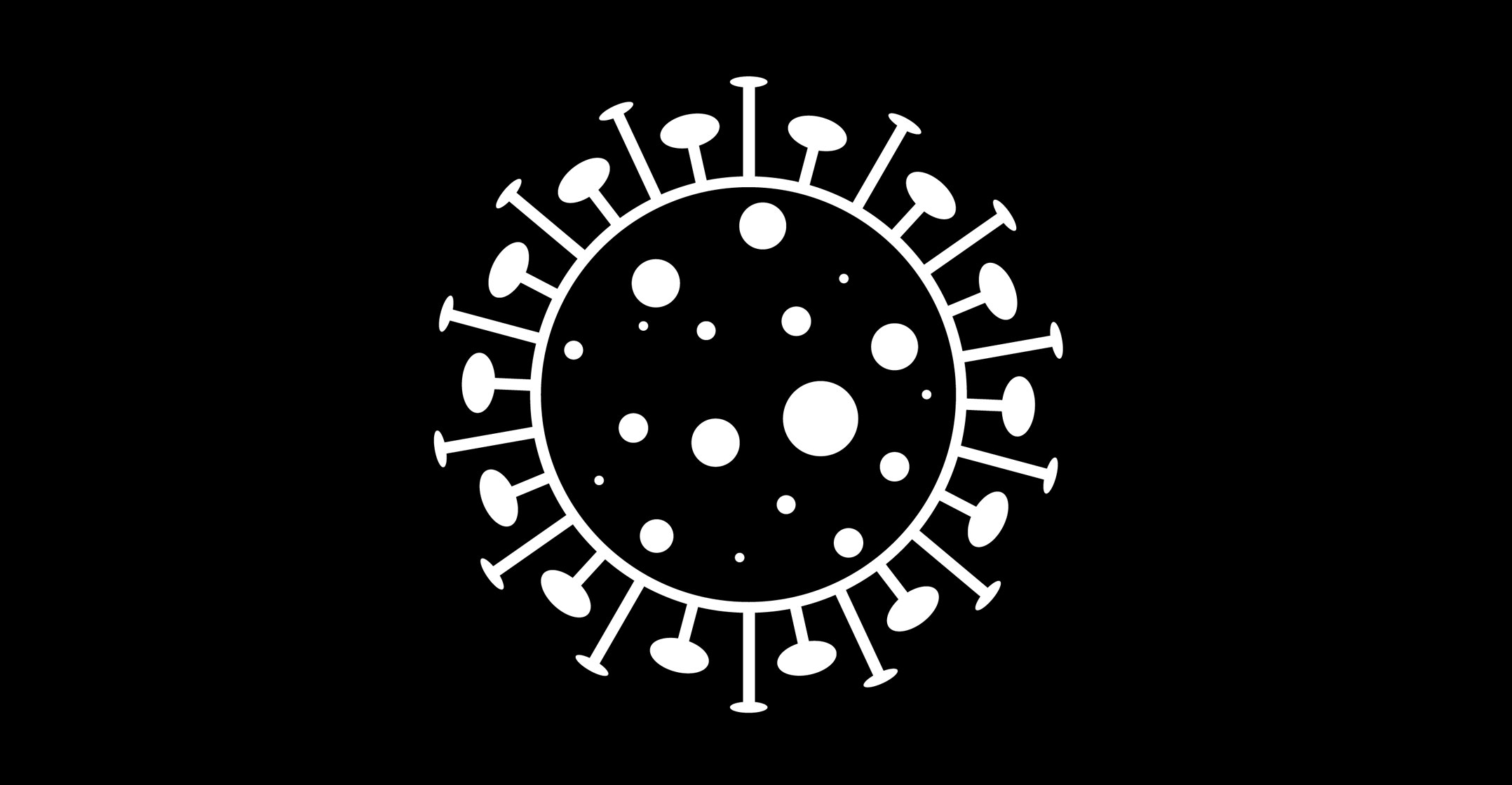 The United Nations is partnering with Africa-focused wireless carriers including MTN Group and Orange on a mobile data platform that delivers coronavirus-related information around the continent.
The United Nations is partnering with Africa-focused wireless carriers including MTN Group and Orange on a mobile data platform that delivers coronavirus-related information around the continent.
The free-to-use service has the potential to reach almost half of the African population, or about 600 million people, through their phones, according to Vera Songwe, the executive secretary of the UN Economic Commission for Africa. “If we get this right, it could be rolled out in other areas like Latin America,” she said in an interview.
Vodacom Group and Airtel Africa make up the quartet of companies putting rivalries to one side to help with the service, which will be available in 23 African countries and called the Africa Communications Intelligence Platform. The product, which went live in limited territories on Tuesday, distributes tips about Covid-19 to subscribers as well as information about hotspots and the need for food and financial assistance to governments and health teams fighting the virus.
The platform will harness a mix of older technology that works with voice and text messages on basic phones, still popular throughout much of Africa, and broadband that complies with more modern smart devices.
“We were mindful of the realities faced in African markets where smartphone penetration and Internet penetration are low,” MTN CEO Rob Shuter said in a statement. “This platform offers services using a combination of text and voice interactions.”
While most African nations have been relatively less affected by the coronavirus than parts of the US and Europe, the economic need to lift lockdowns has led to warnings of a renewed surge in infections. That threatens to overwhelm health-care systems even as the slow spread of the pandemic has bought time to add hospital beds and improve test and trace facilities.
Anonymous
“In Africa, the economic impact is now almost greater than the health impact, although we know that infections are still on the increase,” the UN’s Tunde Fafunwa said in the interview with Songwe.
To avoid running foul of privacy laws, all information and data gathered by the platform will be made anonymous in the first phase.
“Personally identifiable information such as mobile numbers will not be passed on from the operator to the government,” Fafunwa said. “However, we will still be able to identify hot zones through information gathered from features such as the symptom checker, for instance,” he said. — (c) 2020 Bloomberg LP




